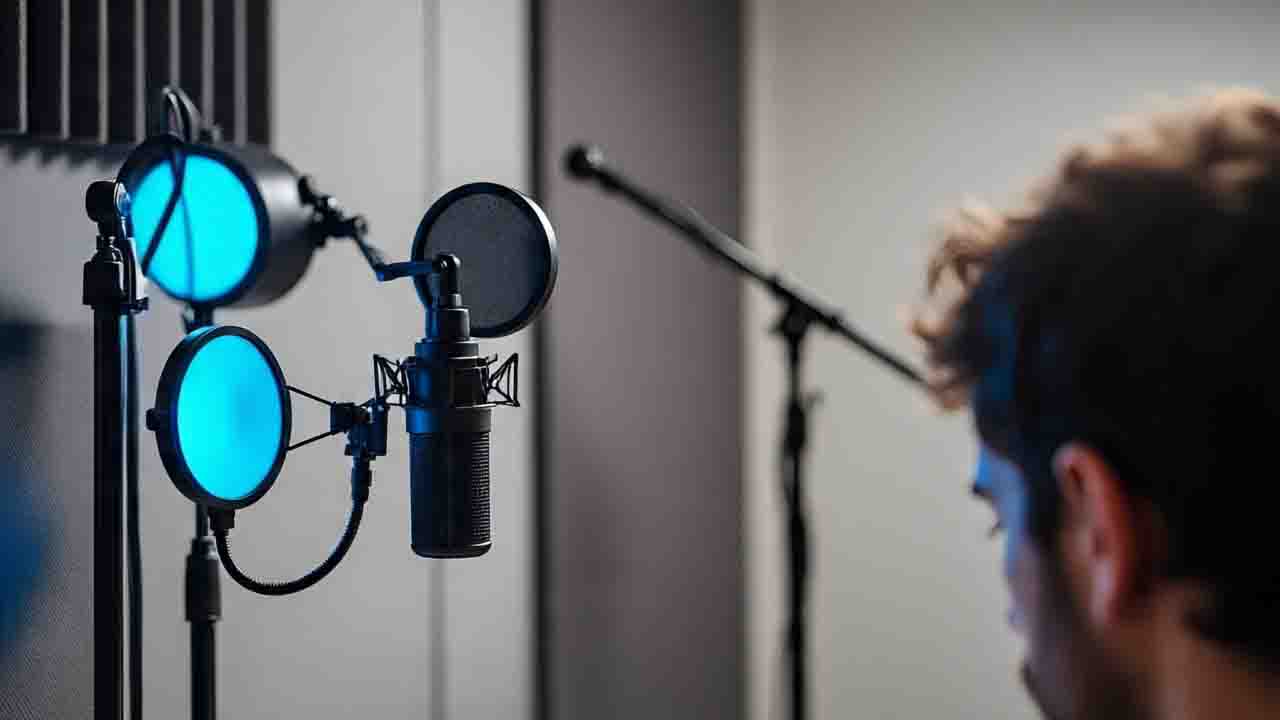
Shahid Online – Voices vs Machines is no longer a sci-fi trope it’s the very real battle unfolding across Europe’s dubbing studios. As AI-generated voices gain popularity on global streaming platforms like Netflix, professional European voice actors are sounding the alarm. Led by French actor Boris Rehlinger, the grassroots movement TouchePasMaVF (“Don’t Touch My French Version”) demands clear ethical boundaries in the use of AI for voice work. Their core message: consent, copyright protection, and fair compensation must be non-negotiable.
With the global dubbing market projected to grow from USD 4.3 billion in 2025 to 7.6 billion by 2033, the financial stakes are enormous. The rise of synthetic voices, powered by machine learning and voice cloning, threatens to reshape and potentially erase the human artistry behind dubbed performances.
In this high-stakes Voices vs Machines clash, the entertainment industry finds itself at a technological and moral crossroads. While AI can reduce costs and accelerate multilingual content delivery, actors argue that it dilutes emotional nuance and cultural authenticity. Voice performances especially in dubbed film and television are not mere translations. They are reinterpretations crafted with skill, empathy, and years of experience.
“Staying Sharp in Old Age: The Secrets to a Healthy Brain”
The movement is gaining momentum, not only among performers but also within policy circles. Labor unions and intellectual property experts are echoing the call for enforceable AI regulations to safeguard creative labor. The fear is that without these safeguards, actors’ voices could be repurposed indefinitely without their approval a dystopian prospect that feels increasingly plausible.
The Voices vs Machines debate isn’t just about technology. It’s about the value of human contribution in a rapidly automated age. As investors eye AI’s potential in multilingual dubbing, the question remains: will audiences notice the difference, and will they care?
European voice actors are betting that they will. And in doing so, they are not only defending their livelihoods. But also reasserting the irreplaceable role of human artistry in global storytelling.
“Three Days of Joy: North Bend’s July Jubilee Unites”